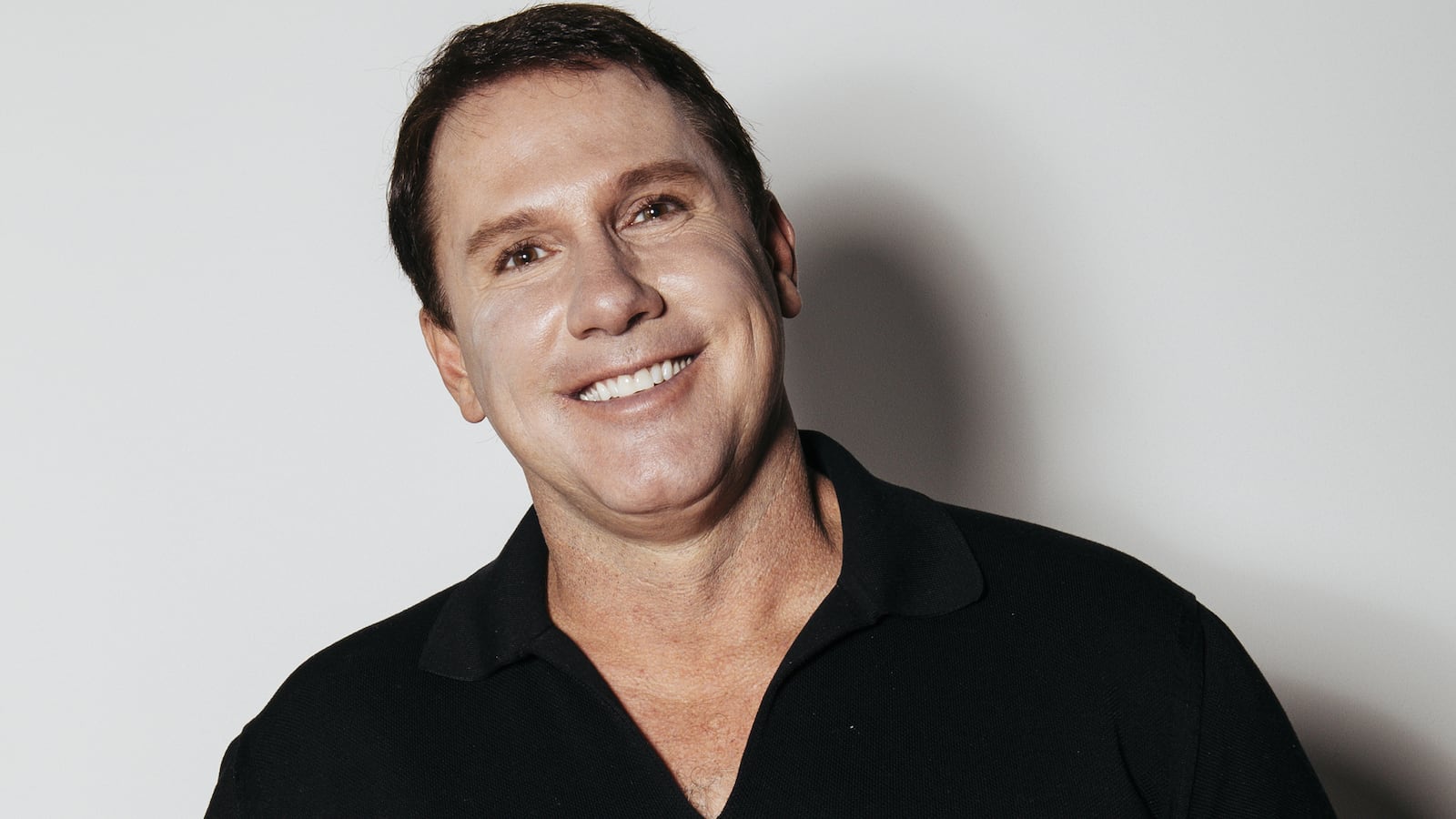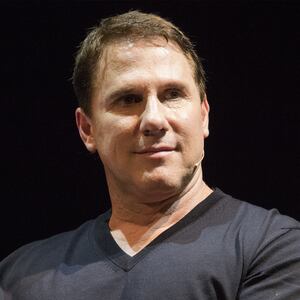RALEIGH, North Carolina—In a North Carolina courtroom, facing a jury of people who never read his bestsellers, romance novelist Nicholas Sparks was confronted Wednesday with his own words: explosive emails to and about the former headmaster of the North Carolina Christian school he founded.
Sparks, best known for writing The Notebook, was by turns confident and testy as he fended off questions from lawyers for Saul Benjamin, a Jewish-born Quaker forced out of Epiphany School of Global Studies, a private Christian school in New Bern, five years ago.
A federal lawsuit by Benjamin accuses Sparks and the school’s board of bullying students and staff whose beliefs were out of step with the school’s “religiously-driven, bigoted preconceptions.” Benjamin claims Sparks then smeared his name and character after his 2013 departure, suggesting to community members that Benjamin was mentally ill.
Sparks shined in the limelight of the witness stand Wednesday. He nodded to jurors and smiled at them between questions. He offered a few one-liners that elicited laughter from the audience. More than once, he interrupted Benjamin’s attorney to push back against the premise of a question.
“I have been asked to tell the whole truth, not just part of the truth,” Sparks said, placing his hands over his heart when Benjamin’s attorney tried to move on to another question.
Sparks accused Benjamin of “weaponizing” certain words and references to LGBT issues. He described a situation in which Benjamin told the board they had to change their employee discrimination policy or face losing accreditation. Sparks testified that on this, like other instances involving gay student issues, he and the board were misled by Benjamin.
Sparks tried to head off any attempts to question his tolerance for LGBT students and faculty by proclaiming his own beliefs.
“Personally, I’m for gay marriage, gay adoption,” he said.
Sparks said he resented “leaks” to the media that portrayed him as a bigot or homophobic. Emails obtained by The Daily Beast in June revealed that Sparks sought to ban a LGBT club and student protests at the school, and reprimanded Benjamin for “what some perceive as an agenda that strives to make homosexuality open and accepted.”
At its core, the lawsuit revolves around an employment dispute—promises made or promises broken in Benjamin’s contract. Sparks and the school’s lawyers argue that Benjamin was a poor fit and that his character and performance did not meet their expectations.
“He could have been fired for cause because he did an incredibly poor job in 12 weeks as headmaster,” said Richard Pinto, an attorney representing Epiphany School.
Benjamin’s team claims that he was forced to resign after rocking the boat at the conservative school, including trying to recruit black students in the community. Other criticisms revolved around enabling LGBT students to explore their sexual identity questions at school and disciplining students who bullied them, the lawsuit claims.
“These events touched off a firestorm at the school,” Pearson, Benjamin’s attorney, said in his opening arguments.
Both sides agree on this much:
Sparks enthusiastically led the charge to hire Benjamin in 2013, luring the educator and his family from Morocco to run the rural eastern North Carolina school. Sparks moved Benjamin’s family into a 2,700-square-foot home he owned, charging only $50 a month in rent. Sparks promised to help Benjamin “soothe or smooth waters” with the “John 3:16” crowd of parents and students at the school.
The match quickly soured. Parents and students began to grumble.
Sparks said school employees and board members reported to him that Benjamin routinely pointed out parents and students he deemed “bigots” or “racists,” Sparks testified Wednesday.
Sparks was unapologetic about questioning Benjamin’s mental stability. The writer said the former headmaster called people names and labeled an entire local congregation “ignorant conformists,” behavior Sparks described as “insane.”
At stake in this feud is more than $600,000—the balance of Benjamin’s terminated contract. That bill, like many others at the school, would likely fall to Sparks and his foundation, which has been covering the school’s deficits since its inception in 2006.
Sparks has enjoyed tremendous commercial success with his 20 published novels, which have sold 105 million copies internationally. Many, including The Notebook and A Walk to Remember, were turned into Hollywood films. The Notebook is being adapted for a Broadway play.
On the stand Wednesday, Sparks waffled when asked if the school was part of his celebrity brand.
“My brand is really the entertainment business. When you are well known, people want to know what you care about in the world. I thought it was OK for people to know I cared about education,” Sparks said.
Sparks’ celebrity may be lost on the 10 jurors deciding the case against him. Only four prospective jurors admitted during selection Wednesday morning that they had read any of Sparks’ books or seen the movies on which they were based.
All four of them were dismissed from jury duty.
Sparks will continue his testimony Thursday.







